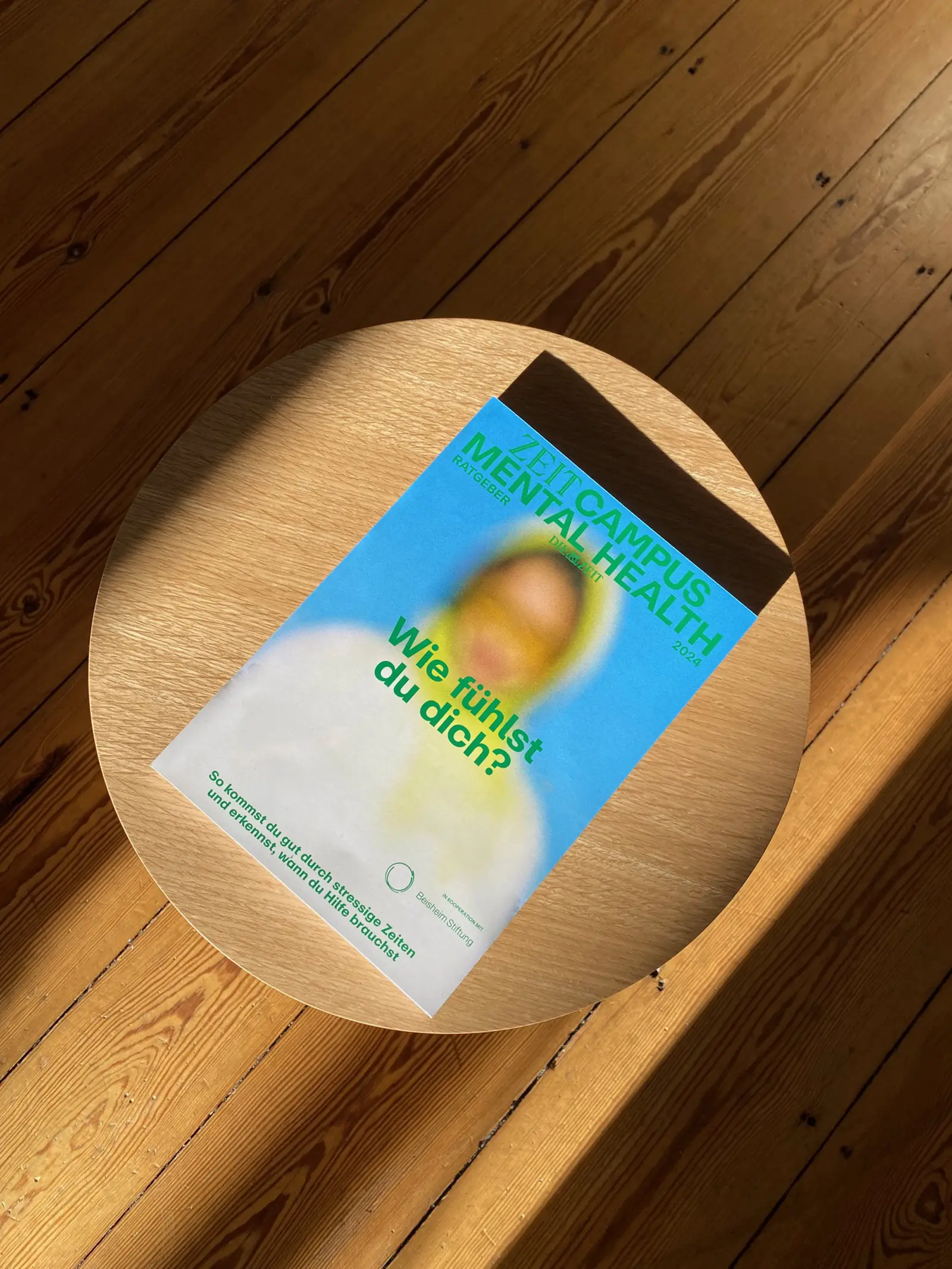ZEIT CAMPUS is now asking this question - with its new mental health guide. The 160-page magazine is primarily aimed at students and young adults who are just beginning to find their way in life. Because many of them know only too well that they not only have to struggle with exam periods, job hunting or deadlines, but above all with themselves.
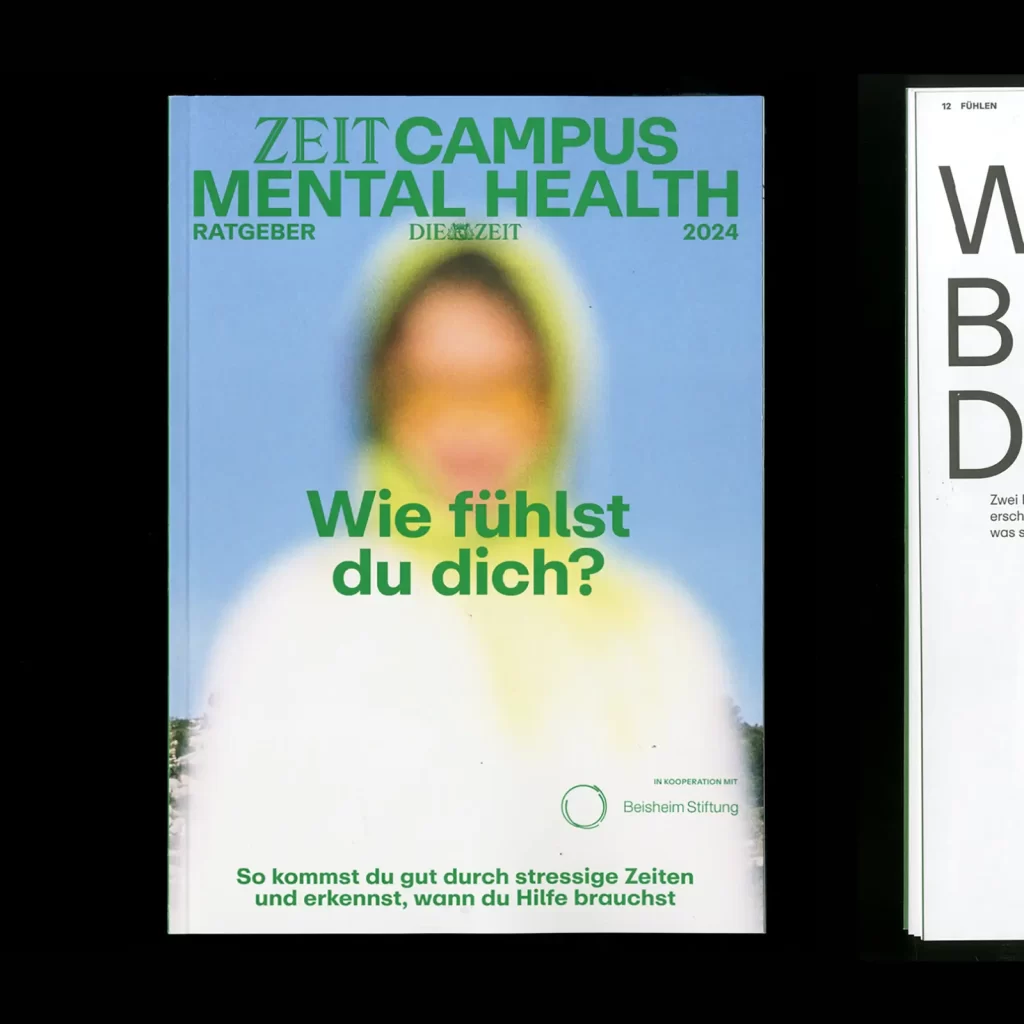
How can I get through everyday student life with less stress? And what comes afterwards? Do I just need a break, or perhaps professional advice? Uncomfortable thoughts are just as much a constant companion during studies as coffee in the morning and rising cafeteria prices. The answers to these questions cannot be found in any textbook - until now. The Mental Health Guide by ZEIT CAMPUS is a free editorial project and was created in cooperation with the Beisheim Foundation - a non-profit organization that, among other things, is committed to mental health and its destigmatization. In collaboration with various authors, photographers and illustrators, a comprehensive guide was compiled that sensitively approaches the reader's inner world - and offers help.
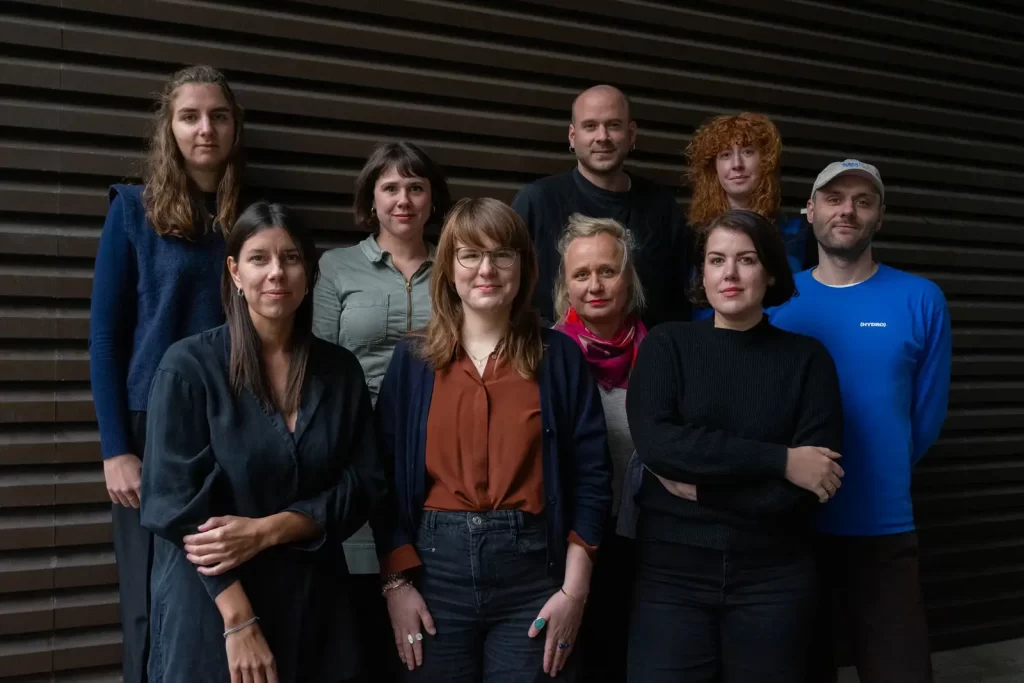
The structure is simple: the content is divided chronologically into four sections, which are reminiscent of stages in the mental healing process: Feeling, Recognizing, Resting and Healing. Each section is introduced by food for thought that prepares you for the following pages.
"If this guide feels like another to-do on your list, you'd better put it down," the authors note at the beginning of the "Resting" chapter, for example. The message is clear: we understand how you feel and want to support you. Like a best friend who, as it says on the cover, first asks "How do you feel?", but also clearly communicates: "This advice cannot replace therapy". The content is just as personal and honest. The editors reveal little tricks to combat anxiety, and a colorful comic shows a dog during a therapy session. In addition to "lighter" approaches, there are also informative texts about our psyche and in-depth experience reports that may make you want to take a deep breath. But you are also helped with this - highlighted by fully colored pages, the reader repeatedly comes across interactive tools and assistance to reduce everyday stress or sort out thoughts.
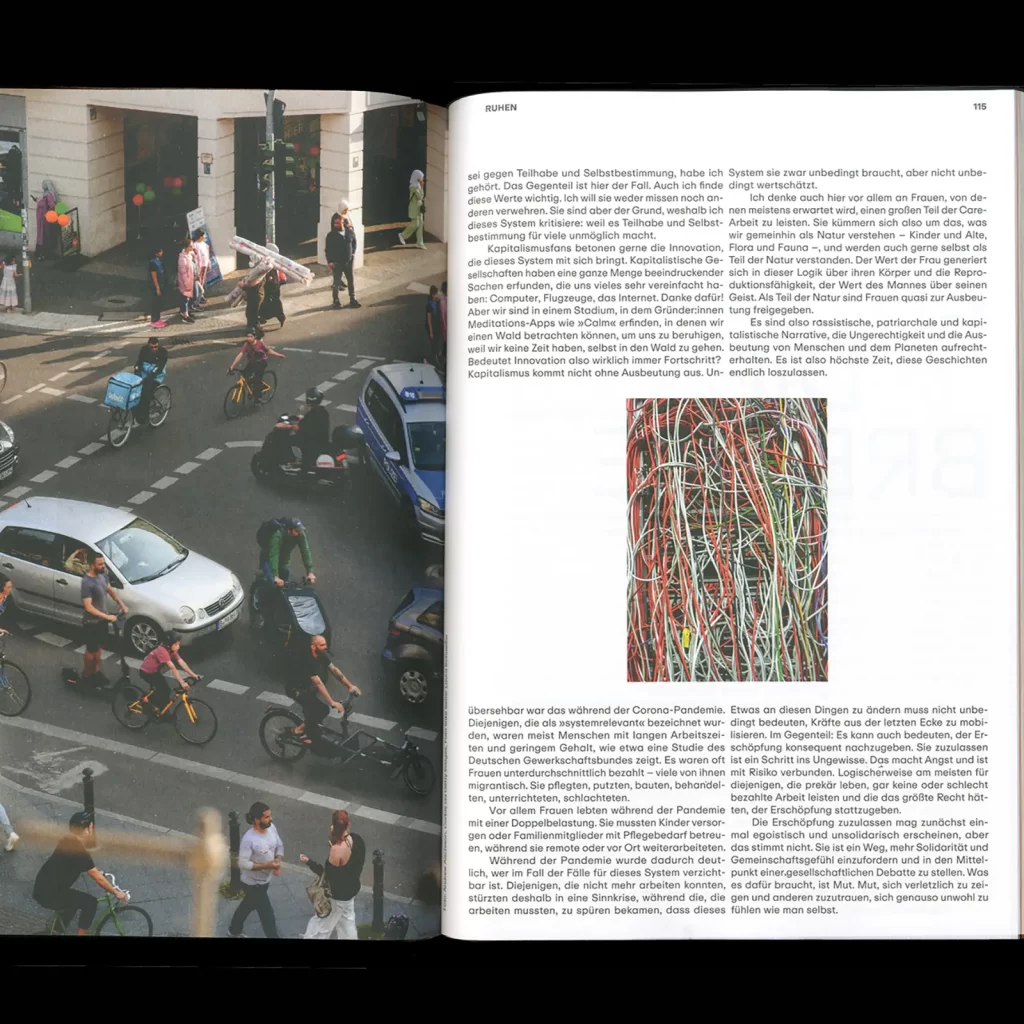
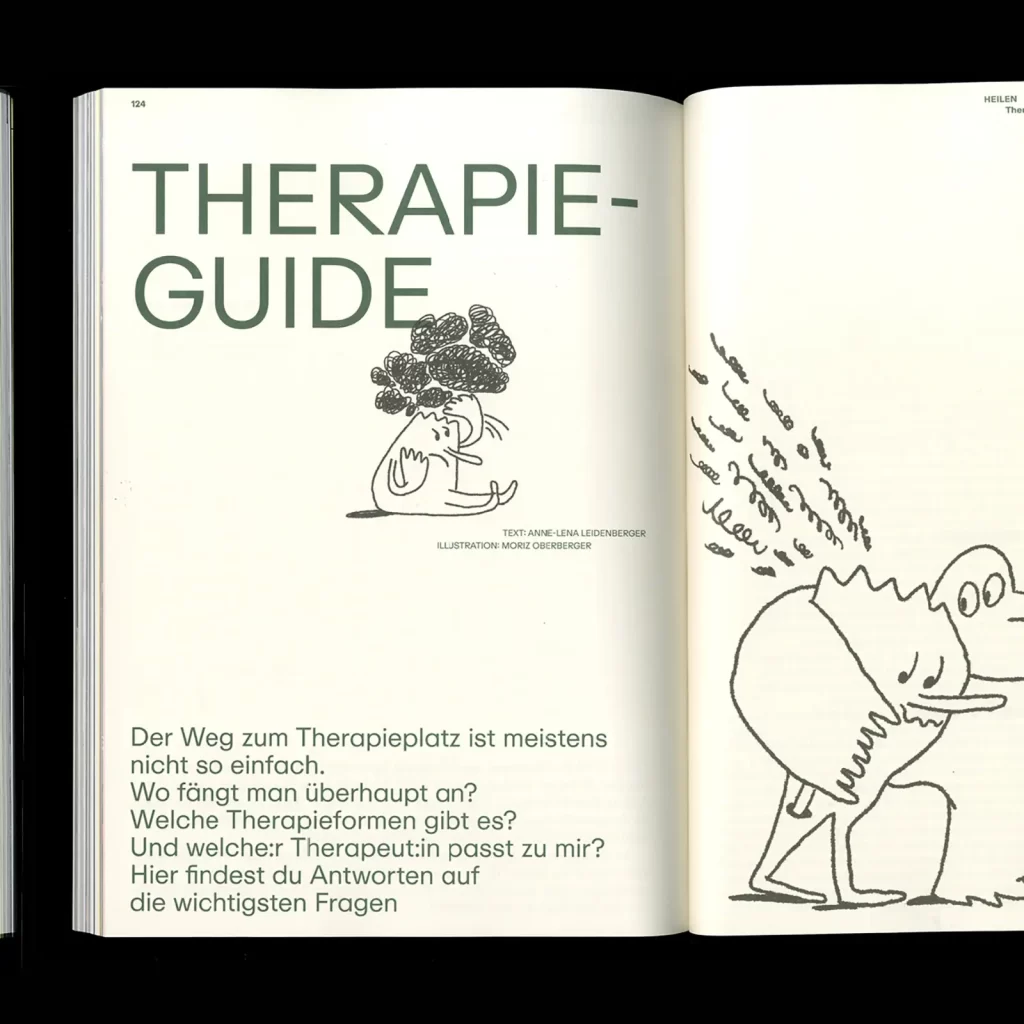
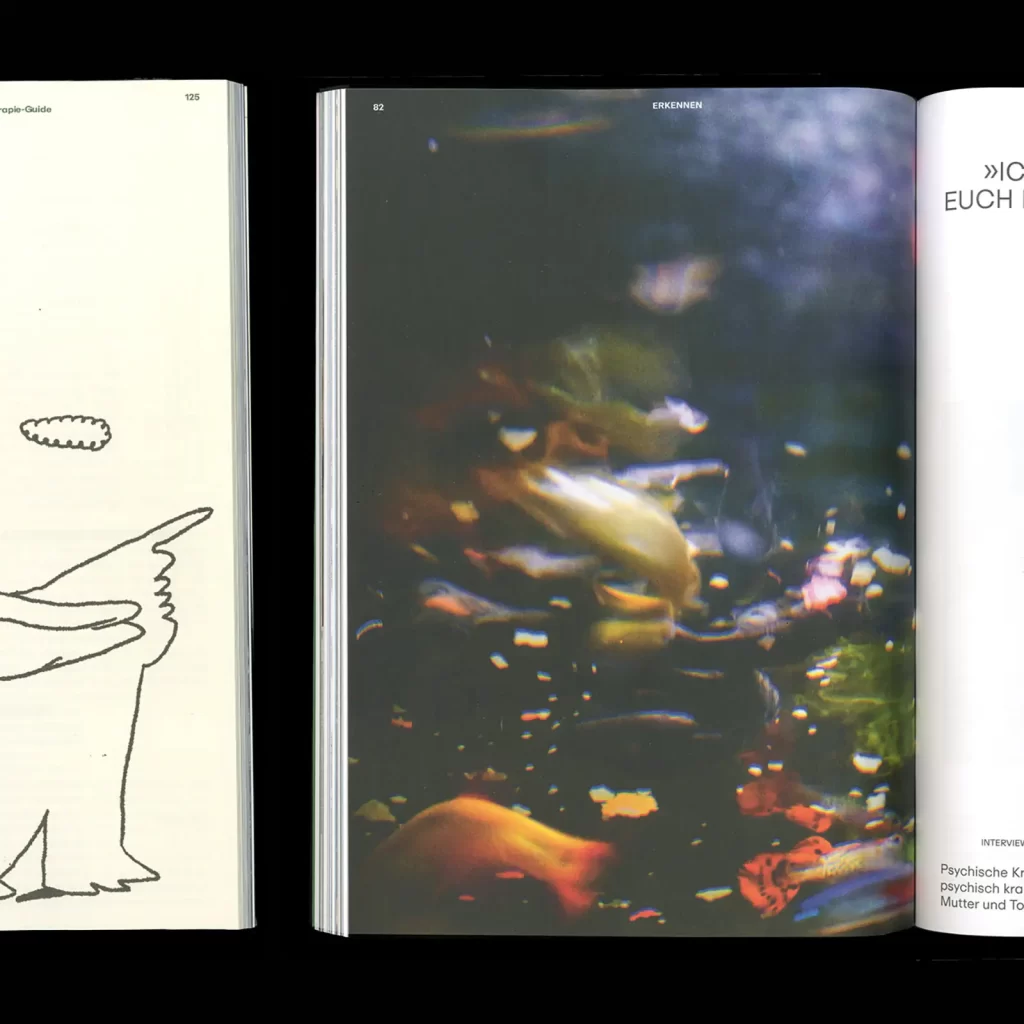
Friendly, muted colors and almost dreamy photographs welcome you as you leaf through the pages and convey a relaxed, calm atmosphere. Playful and appealing illustrations are juxtaposed with a static layout and create an appropriately relaxed atmosphere in terms of content and design, without distracting from the seriousness of the topic. It makes you want to sit down in the most comfortable armchair at home and read in peace. Thanks to its handy format, however, the guide fits into any rucksack (or jute bag) and can accompany you to the library whenever you need it. A large number of copies are available free of charge for universities, colleges and other institutions and can also be viewed digitally on the website. This means that anyone who wants to can access the guide without any barriers. This is not only very useful, but also pursues a much more important mission: it paves the way away from the taboo surrounding mental illness. And in the end, it is precisely this path that is enormously important, not only for ourselves, but also to better understand those around us.
The online version of the Mental Health Guide and the order form can be found here.
In our "Mensa" section, you will also always find exciting projects by and for students.
Text: Johanna Schmees

